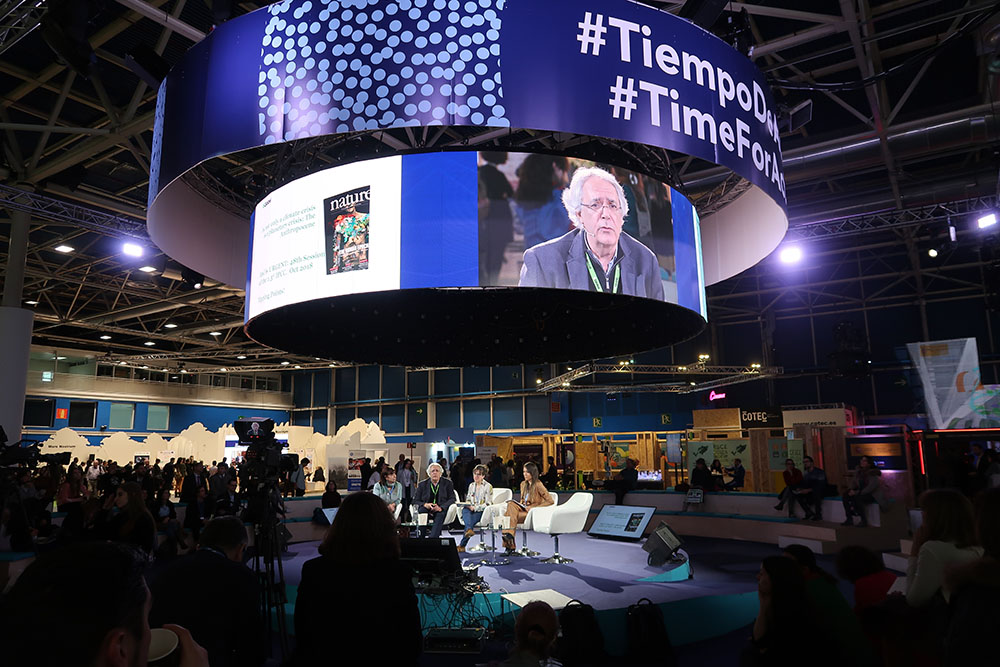HIGHLIGHTS
Health in all, for all
Health in all policies means taking into account the health implications of all decisions taken across different sectors, in order to improve health for all
Global health is an aspiration with multiple dimensions and players, one that is impossible to divide into fixed compartments or limit to the participation of a handful of social and institutional actors. This is the complex—and powerful—logic underlying the 2030 Agenda, which has become the main protagonist of our Policy and Global Development actions.
Over the last 12 months, our teams have carried out their knowledge translation mission following the SDG3+ and planetary health principles, which place health in the context of its socioeconomic and environmental determinants.
The power of collaboration across sectors
For our department, 2019 was a busy year: we assumed the leadership of REDS, the Spanish Sustainable Development Network, as well as the co-leadership of the health group in the global network it belongs to (SDSN). The aim of both initiatives is to use science as a driver of social change. This has led us to work in close collaboration with other academic (such as Universidad Politécnica de Madrid) and non-academic actors (such as city councils and private companies).
The Acelera 2030 event, held in May 2019, was a major milestone of such collaboration, and was redeployed to other spaces such as the United Nations High-Level Forum in New York, in July, and COP25, held in Madrid, in December. This collaborative experience has proven to be key during our response to the COVID-19 epidemic in 2020.
HIGHLIGHTS
Health in all, for all
Health in all policies means taking into account the health implications of all decisions taken across different sectors, in order to improve health for all
Photo: ISGlobal.
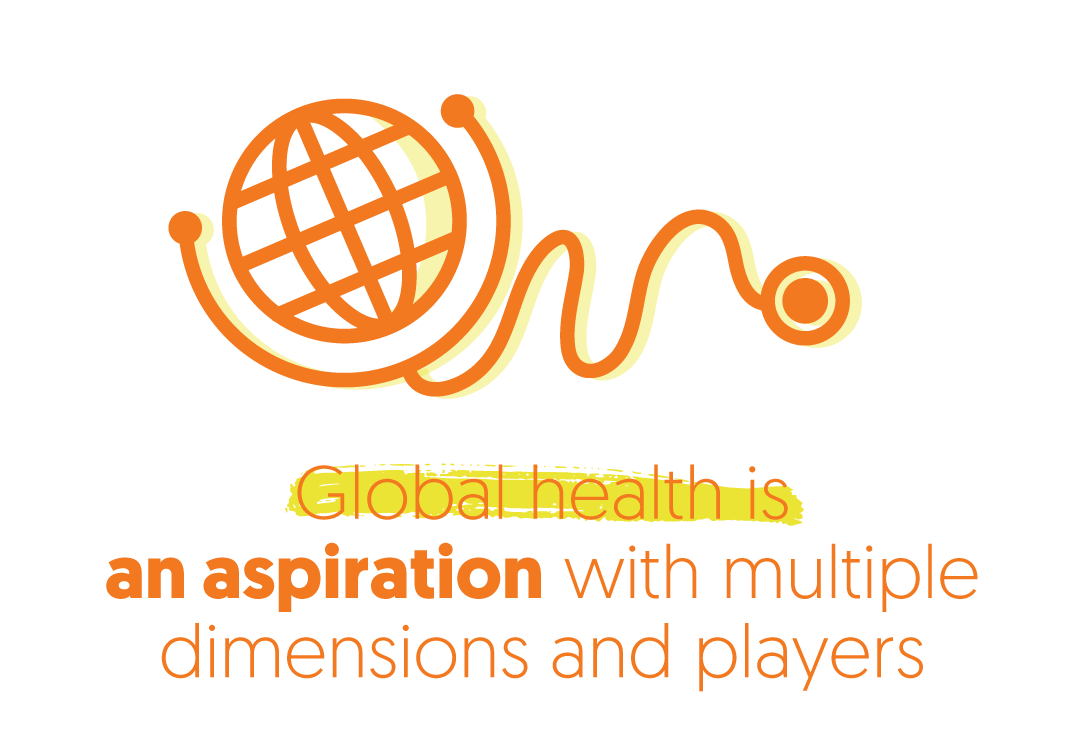
Global health is an aspiration with multiple dimensions and players, one that is impossible to divide into fixed compartments or limit to the participation of a handful of social and institutional actors. This is the complex—and powerful—logic underlying the 2030 Agenda, which has become the main protagonist of our Policy and Global Development actions.
Over the last 12 months, our teams have carried out their knowledge translation mission following the SDG3+ and planetary health principles, which place health in the context of its socioeconomic and environmental determinants.
The power of collaboration across sectors
For our department, 2019 was a busy year: we assumed the leadership of REDS, the Spanish Sustainable Development Network, as well as the co-leadership of the health group in the global network it belongs to (SDSN). The aim of both initiatives is to use science as a driver of social change. This has led us to work in close collaboration with other academic (such as Universidad Politécnica de Madrid) and non-academic actors (such as city councils and private companies).
The Acelera 2030 event, held in May 2019, was a major milestone of such collaboration, and was redeployed to other spaces such as the United Nations High-Level Forum in New York, in July, and COP25, held in Madrid, in December. This collaborative experience has proven to be key during our response to the COVID-19 epidemic in 2020.
